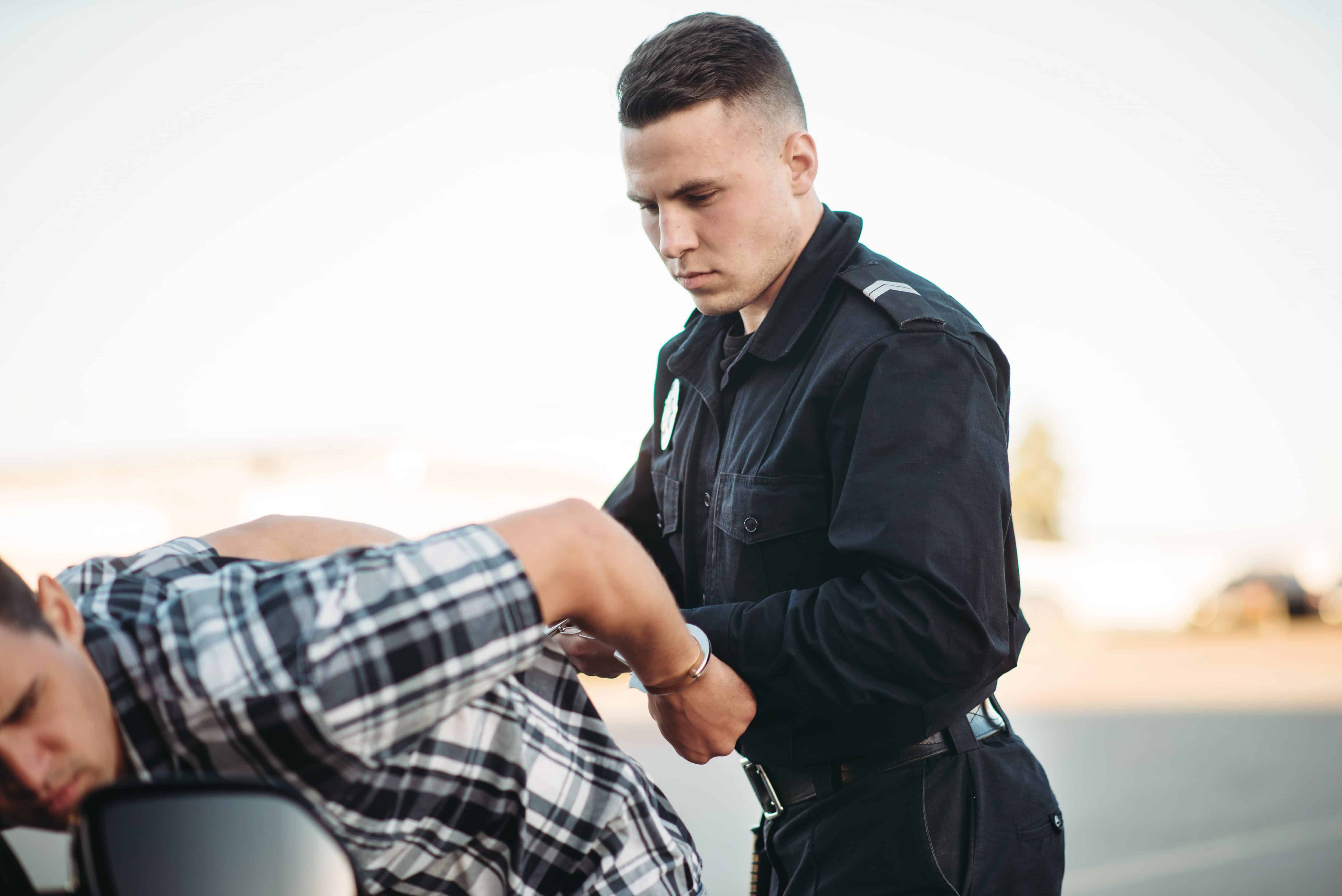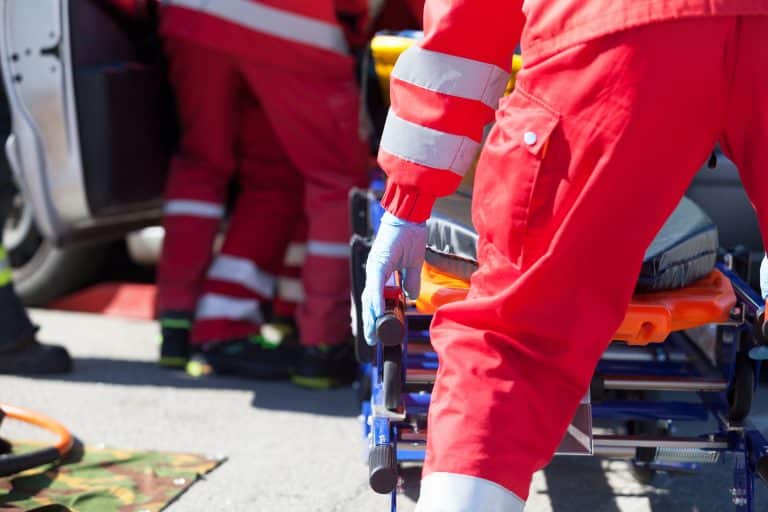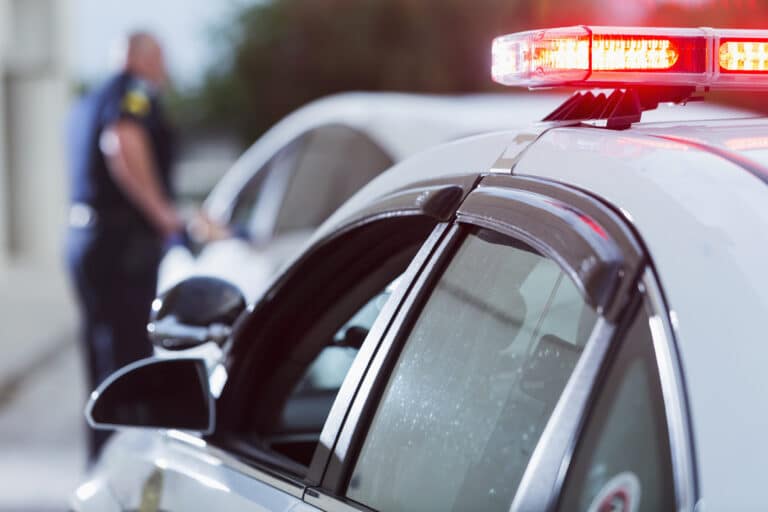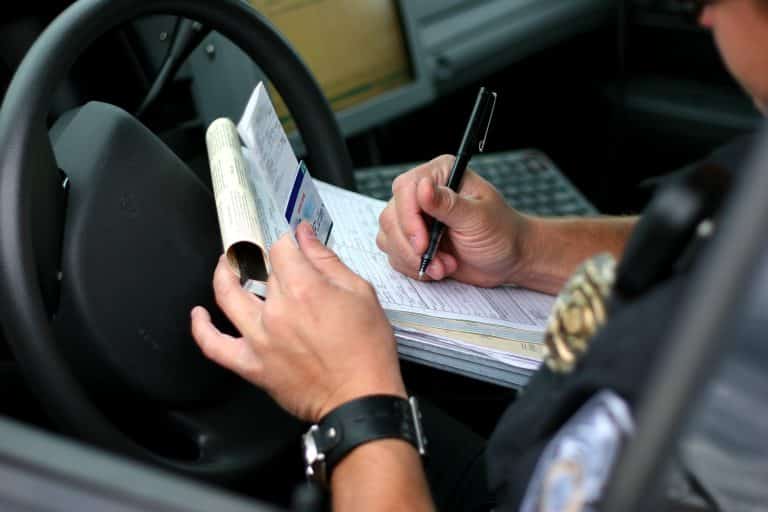No one wants to get arrested and we don’t like to have to arrest someone. It's stressful for all parties involved. But if you do find yourself in this unfortunate situation, there are some things you should and shouldn't do to minimize the impact of what happens to you. Remember, too, that your arrest is very likely going to be captured and recorded on an officer’s body cam and/or dashcam. You may also be filmed while sitting in the back seat of a police car and while in jail. If you wind up in front of a jury, you won’t want them to see you acting badly in any video footage.
1. Don’t Resist Arrest
Once law enforcement has decided to arrest someone, there is absolutely nothing you can say that will change this outcome. Moreover, anything you do say could come back to hurt you in the future. Unfortunately, once a person realizes that they will not be able to talk the officer out of making the arrest, they sometimes get angry, and that anger leads to a physical altercation. You might be tempted to fight back, but this is actually the worst thing that you can do. It will likely lead to additional charges being filed against you, such as assaulting a police officer. Remain calm; you will have your day in court.
Also, nowadays with the new bail reform laws in place in New York, more and more people are simply given desk appearance tickets and released. This is happening for misdemeanors and even certain felonies.
The bottom line is that you should be compliant during the arrest. It’s when someone is non-compliant that an officer’s concerns for safety are elevated and the process doesn’t go smoothly.
2. You Have the Right to Remain Silent
You may have heard this phrase: “You have a right to remain silent. Anything you say can and will be used against you in a court of law.” This is your constitutional (Miranda) right under the 5th amendment and you should invoke this right and remain silent – whether or not you are guilty of the charge for which you are being arrested.
In reality, the Miranda warning is not even read by the arresting police officer. They have probable cause for an arrest. Instead, it is usually read after someone is in custody and about to be questioned by detectives.
The arresting officer may ask questions that you don't have to answer. For example, you do not have to state where you are traveling from or where you are going. It’s best not to volunteer any information because it could be misconstrued or misinterpreted down the road. The same applies to joking. If you’re being arrested, this is not the time to break out into a comedy routine.
If you exercise your right to remain silent (and I recommend that you do), you should actually tell the officer this. In some states – including New York and New Jersey – you may be required to at least provide your name if asked to identify yourself. That you should do.
When I used to pull people over, I would get basic information from the person first, then explain why I pulled them over. I would say something like, “Let me see your license, then I’ll tell you why I pulled you over.” The reason I took this approach is because once I explained why they were pulled over, that’s when tensions would sometimes escalate, leading to a quarrel, or worse.
3. You Have the Right to an Attorney
In addition to the right to remain silent, people who are arrested also have the right to an attorney. Your first or second phone call should be to your attorney. Even if you don't have one, you should clearly state that you do not want to make a statement until you speak with a lawyer. All too often, people will get pulled into an interview room and start talking about the incident surrounding the arrest without having an attorney present. Don’t do this.
4. Don’t Share Your Story
Once you’ve been arrested and released, it’s best to only communicate with your attorney about the case. Attorney-client privilege requires your lawyer to keep confidential communications between the two of you private. It’s not a good idea to discuss the details of your arrest with family, friends, or cellmates because they’re not required to keep those communications private, even if you ask them to, and those could ultimately be used against you in court.
Don’t post anything about your arrest on social media accounts either. If your case involves another person filing a complaint against you, don’t reach out to them to try and resolve the matter. Similarly, if you are not supposed to go to a specific address due to a protective order, don’t go back to that location or you could be arrested and charged with contempt.
5. Show Up and Be Prepared for Court
Chances are, unless you’ve been arrested for a very serious offense or are a repeat offender, you will be released. With cashless bail in New York, you won’t even have to post bond; you will just be released. This will give you and your attorney the time to put together an effective defense. Unfortunately, quite a bit of time can elapse between your arrest and your court date. Whatever is going on in your life, you need to be sure that you don’t forget to show up on your court date. If you fail to do so, you will likely be rearrested, and your next court appearance could be impacted by your prior no-show. Lastly, when you do appear in court, be on time and dress appropriately.
6. Listen to Your Attorney
Friends and family often try to help when someone close to them is in trouble. They are well meaning with advice, but they are not trained legal professionals. It’s always in your best interest to follow what your attorney says over what others may suggest. The only greater mistake would be to think that you can represent yourself in court. If you’ve been arrested for any reason, a seasoned attorney will afford you the best possible outcome. There is no substitute.





